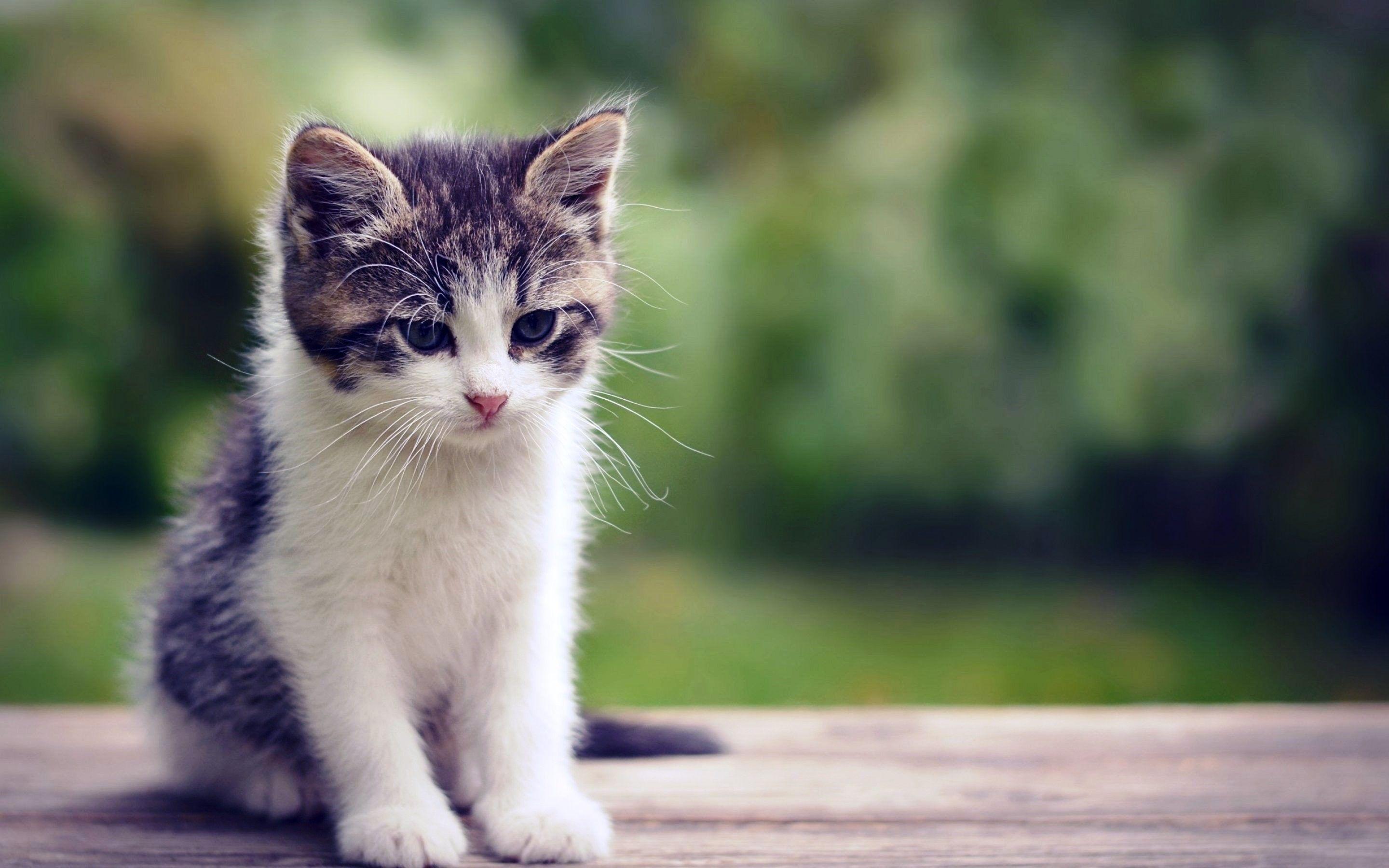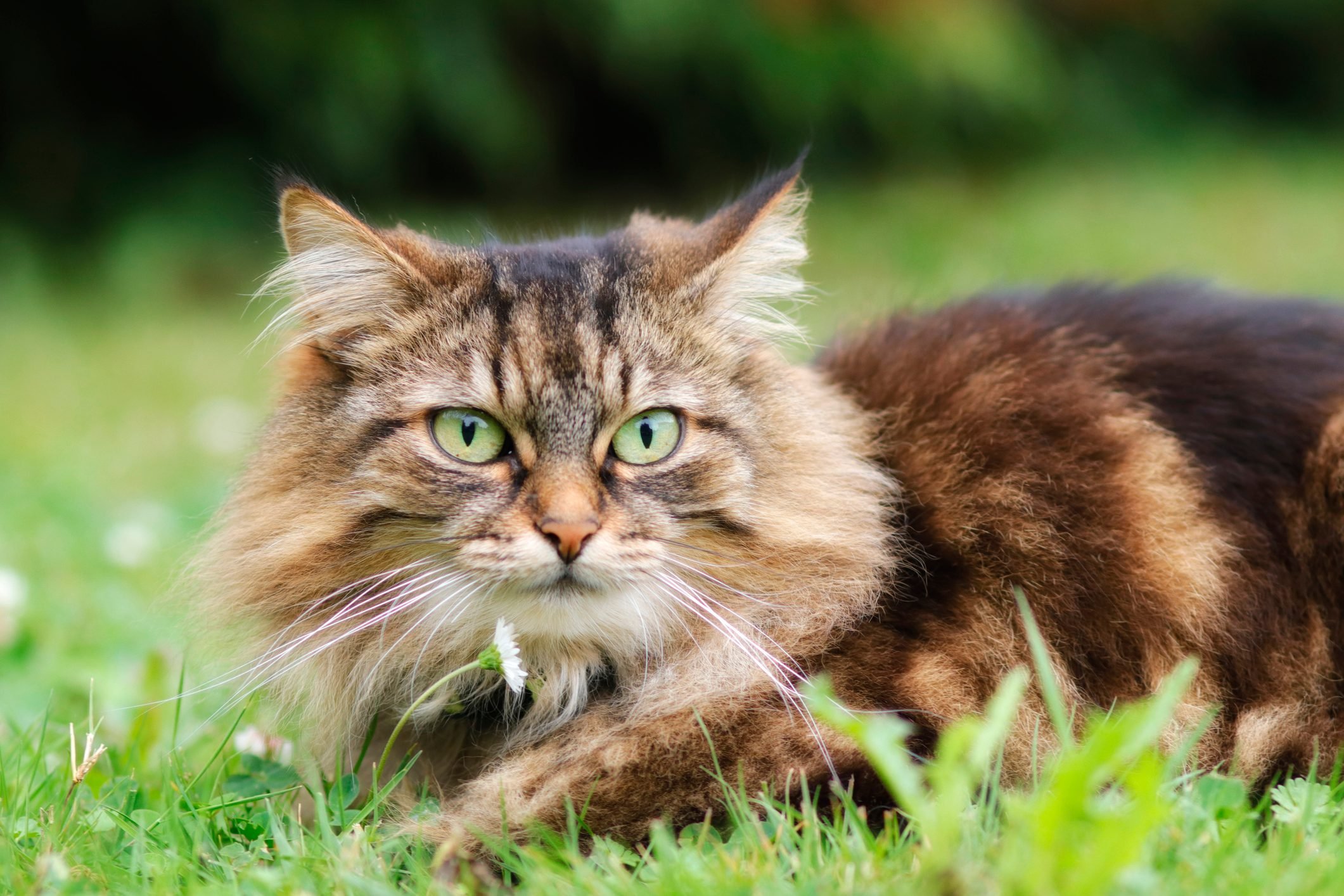Exploring The Majestic Cats Of Iran: From Royal Persians To Wild Wonders
When one thinks of the majestic felines that roam the ancient lands of Persia, now modern Iran, a singular image often springs to mind: the magnificent Persian cat. This iconic breed, with its luxurious coat and distinctive flat face, is not merely a pet but a living legacy, deeply intertwined with the rich cultural and natural heritage of Iran. From the opulent palaces where they were adored by royalty to the rugged mountains where their wild cousins thrive, the story of cats in Iran is one of beauty, resilience, and captivating diversity.
Beyond the famed domestic breed, Iran is also home to an array of fascinating wild cat species, each uniquely adapted to the country's diverse ecosystems. This article delves into the captivating world of "cats Iran," exploring the historical significance and unique characteristics of the beloved Persian cat, while also shedding light on the elusive and powerful wild felines that share their homeland. Join us on a journey to discover the allure and importance of these remarkable creatures.
Table of Contents
- The Iconic Persian Cat: A Legacy from Ancient Persia
- A Royal Fascination: Persian Cats in History
- Defining Features and Temperament of the Persian Cat
- Health and Care Considerations for Persian Cats
- The Exotic Shorthair: A Persian Offshoot
- Beyond the Domestic: Wild Cats of Iran
- Conservation Efforts for Iran's Feline Population
- Adopting a Persian Cat: What to Expect
The Iconic Persian Cat: A Legacy from Ancient Persia
The Persian cat, also affectionately known as the Persian Longhair, stands as one of the most recognizable and beloved cat breeds globally, and undoubtedly one of the most famous animals of Iran. Its origins are shrouded in the mists of time, believed to trace back to ancient Mesopotamia and the vast area once known as Persia, which remarkably encompassed the region now recognized as modern-day Iran. The breed's likeness is even thought to crop up in hieroglyphics dating back as far as 1684 BCE, suggesting an incredibly old lineage whose exact beginnings remain a fascinating mystery.
These silky-coated felines were first introduced to Europe by intrepid travelers around 1620, quickly captivating the hearts of those who encountered them. Initially, these beautiful creatures were simply called ‘Persians’ – a direct nod to their country of origin, Persia (which is now Iran) – and ‘Angoras,’ named after Ankara, Turkey, another region known for its long-haired cats. Their striking beauty and composed demeanor made them instant favorites. The breed gets its very name from Persia, now modern Iran, where they most likely originated, specifically from an area nestled somewhere inside Iran, near the Hindukush mountains and Mesopotamia. The Persian cat, with their luxurious long fur and distinctive appearance, is a breed known for elegance and a regal demeanor, truly a testament to their ancient heritage.
A Royal Fascination: Persian Cats in History
The allure of the Persian cat was not lost on historical figures, particularly European royalty and the upper echelons of society. Their elegant appearance and calm disposition made them highly desirable companions. One of the most notable admirers was Queen Victoria, a monarch renowned for her love of dogs, who, in the 1800s, completely fell in love with Persians. She adopted two beautiful blue Persian cats and treated them with the utmost affection, like cherished members of her household. This royal endorsement had a profound impact on the breed's popularity.
The earliest examples of what would eventually become the modern Persian cat were proudly exhibited at the very first cat show, an landmark event that took place in London in 1871. This public display further cemented their status as a breed of distinction. Queen Victoria's enamorment with the breed, coupled with their presence at such prestigious events, made the Persian cat incredibly popular not only with other royals but also with the British upper class. Their luxurious appearance and serene temperament made them a symbol of status and refinement, ensuring their place as one of the most adored breeds for centuries. It's easy to see why these magnificent "cats Iran" quickly became a sensation across the globe.
Article Recommendations



Detail Author:
- Name : Daphney Eichmann
- Username : delta.wunsch
- Email : douglas.davion@bernier.org
- Birthdate : 1978-06-20
- Address : 3302 Walter Crest Dibbertport, IN 85328-7907
- Phone : 231.921.0978
- Company : Cassin Group
- Job : Brazing Machine Operator
- Bio : Quam doloribus temporibus et magni quo. Quibusdam tempore aut maiores sunt. Nisi voluptas quasi excepturi dolor et magnam.
Socials
instagram:
- url : https://instagram.com/mullrich
- username : mullrich
- bio : Est iusto ipsa dolorem id atque quia. Blanditiis dolores dolores dolores culpa tempore.
- followers : 4525
- following : 617
twitter:
- url : https://twitter.com/mullrich
- username : mullrich
- bio : Assumenda ut iste reprehenderit dignissimos qui voluptas. Ut pariatur rerum est. Dolore et atque recusandae aut inventore necessitatibus.
- followers : 4462
- following : 1353
tiktok:
- url : https://tiktok.com/@ullrichm
- username : ullrichm
- bio : Aut quo sunt optio amet labore illum.
- followers : 3741
- following : 1338